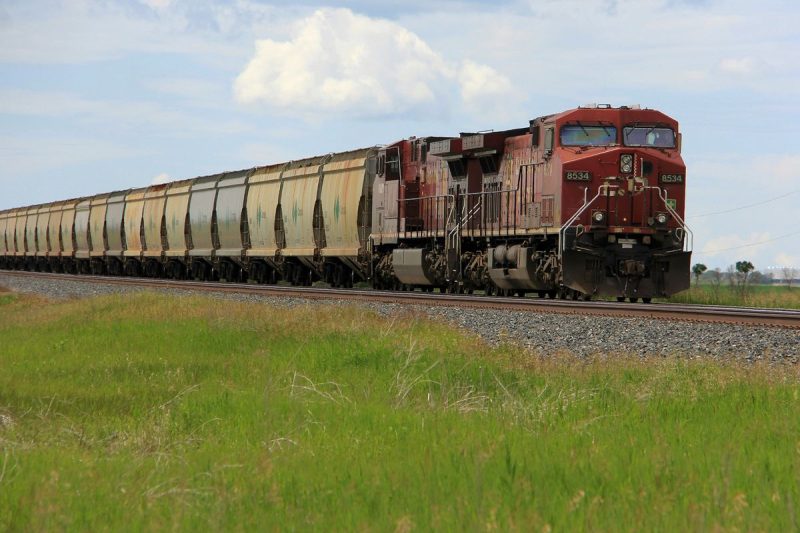Potash, Oil, and Metal Shipments Halted as Canadian Rail Workers Locked Out
The recent lockout of Canadian rail workers has had widespread repercussions on the transportation industry in Canada. One of the most affected sectors is the shipment of essential commodities such as potash, oil, and metals. The disruption in rail services has led to a halt in the transportation of these crucial goods, causing concerns over potential supply chain disruptions and economic impact.
Potash, a key ingredient in fertilizers, is produced in Western Canada and transported via rail to various markets across the country and beyond. With the rail workers locked out, the transportation of potash has come to a standstill, posing a threat to the agricultural sector’s supply of this essential nutrient. Farmers rely heavily on potash for crop growth and yield, and any disruption in its supply could have a significant impact on food production.
The oil industry is another sector heavily impacted by the rail worker lockout. Canada is a major producer of crude oil, with significant amounts being transported via rail to refineries and ports for export. The halt in rail transportation has disrupted the flow of oil, leading to a backlog of shipments and potential delays in delivery to customers. This disruption not only affects the oil companies but also has broader implications for the economy, including potential increases in fuel prices and reduced competitiveness in the global market.
Metal shipments, including steel and other metals, have also been affected by the rail worker lockout. The manufacturing industry relies on a steady supply of metals for production, and any delays in shipments could disrupt operations and lead to increased costs. The halt in rail transportation has forced companies to seek alternative methods of shipment, such as road transport or storage, further adding to their operational challenges.
The lockout of Canadian rail workers highlights the vulnerability of the transportation industry to labor disputes and the importance of efficient logistics for the economy. The disruption in the shipment of potash, oil, and metals is a stark reminder of the interconnectedness of various sectors and the potential ripple effects of a single event on the wider economy. As stakeholders work towards resolving the labor dispute, it is crucial to mitigate the impact on essential commodities and ensure the smooth flow of goods across the country.



























